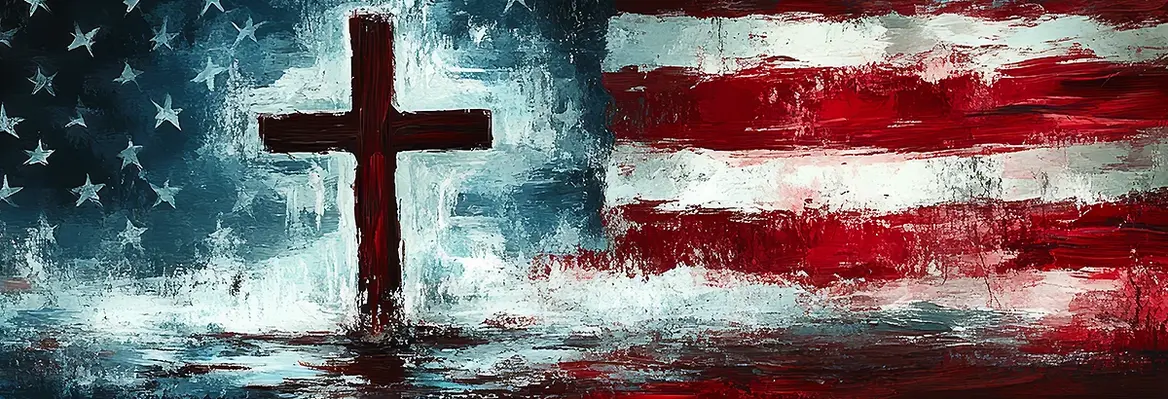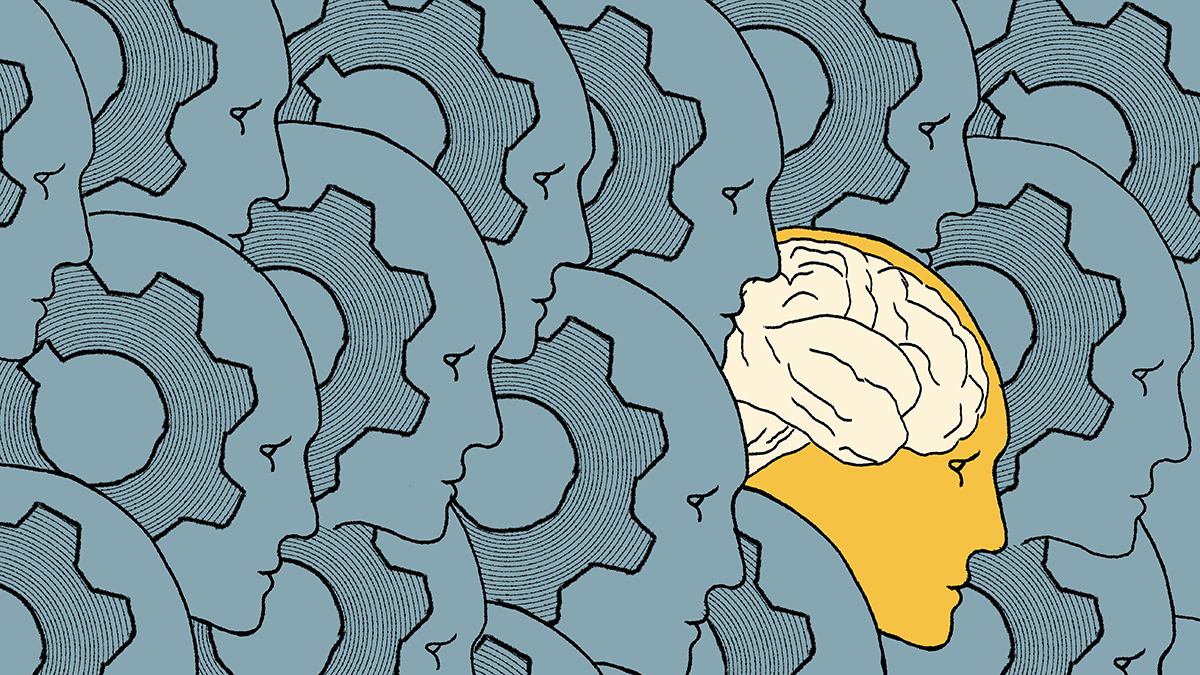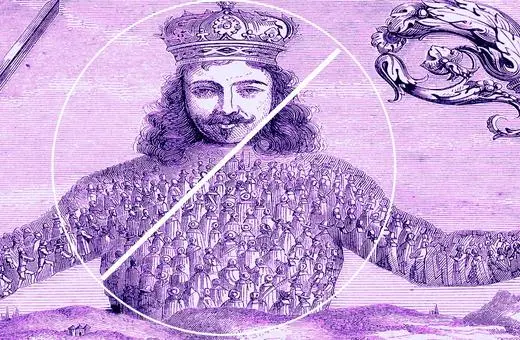We used to take it for granted that religious arguments should be kept out of political debates. But from fervently Christian Trump supporters to religious members of Europe's far right and Modi's Hindu nationalists, religion is back in politics. Philosopher Jonas Jakobsen argues we must stop this rise of religious contamination in the political sphere if we want to hold onto our democracies.
Donald Trump’s return to political prominence has coincided with the resurgence of religion as a weapon of identity politics. In the United States, Christian nationalism has become a rallying cry, presenting “true American” identity as synonymous with a particular brand of evangelical conservatism. In Europe, far-right populists increasingly invoke “Christian heritage” not as a faith but as a cultural boundary marker, often against Muslim minorities. Across the globe, from Narendra Modi’s Hindu nationalism to Recep Tayyip Erdoğan’s instrumental use of Islam, religion is being politicized as a badge of belonging and exclusion.
___
In an age where populists turn faith into a tribal identity, the idea of secularism—sometimes dismissed by critics as rigid or outdated—must be reclaimed.
___
This phenomenon reveals a challenge of our time: religion can still be a source of moral vision and solidarity, yet it is also easily deployed as a marker of division. The challenge for democracy is not how to banish religion from politics, but how to articulate fair terms for its presence in public life. In an age where populists turn faith into a tribal identity, the idea of secularism—sometimes dismissed by critics as rigid or outdated—must be reclaimed.
A good place to start is John Rawls’ classic defense of “public reason” as an ideal for political deliberation in democratic societies, based on inclusive and mutually shareable reasons. Rawls called such reasons “political”. I defend Rawls’ ideal against critics who claim that it imposes an unbearable psychological burden on religious citizens, and that it gives non-believers an advantage in political debates.
At the same time, I argue, Rawls overlooked the strategic use of secular reasons for religious political purposes, as well as the polarizing force of religious identity beyond the state and its institutions, including the media landscape. Ultimately, I thus align with Rawls in defending the need to prioritize the separation of church and state in modern multicultural democracies for real inclusivity, but I believe we must go a step further by ensuring its real, not just rhetorical, application, as I explain below. Liberal democracies can only survive if political discourse at all levels engages with our shared secular heritage.
Rawlsian public reason and its critics
Rawls argued in Political Liberalism that a conception of justice for democratic societies must remain neutral in controversies about the good life, man’s purpose on earth, ultimate truth, ethical virtue, and more, restricting itself to basic political principles that can be affirmed by opposing religious, philosophical, and moral doctrines. Among such principles are well-known liberal rights such as freedom of thought and conscience, freedom of association, the rights and liberties covered by the rule of law, and political liberties: the right to vote, run for office, and take part in political decision-making on fair terms. The affirmation by opposed cultural and religious groups of these principles in some politically specified (say, constitutional) form is described by Rawls as an “overlapping consensus.”






















Join the conversation